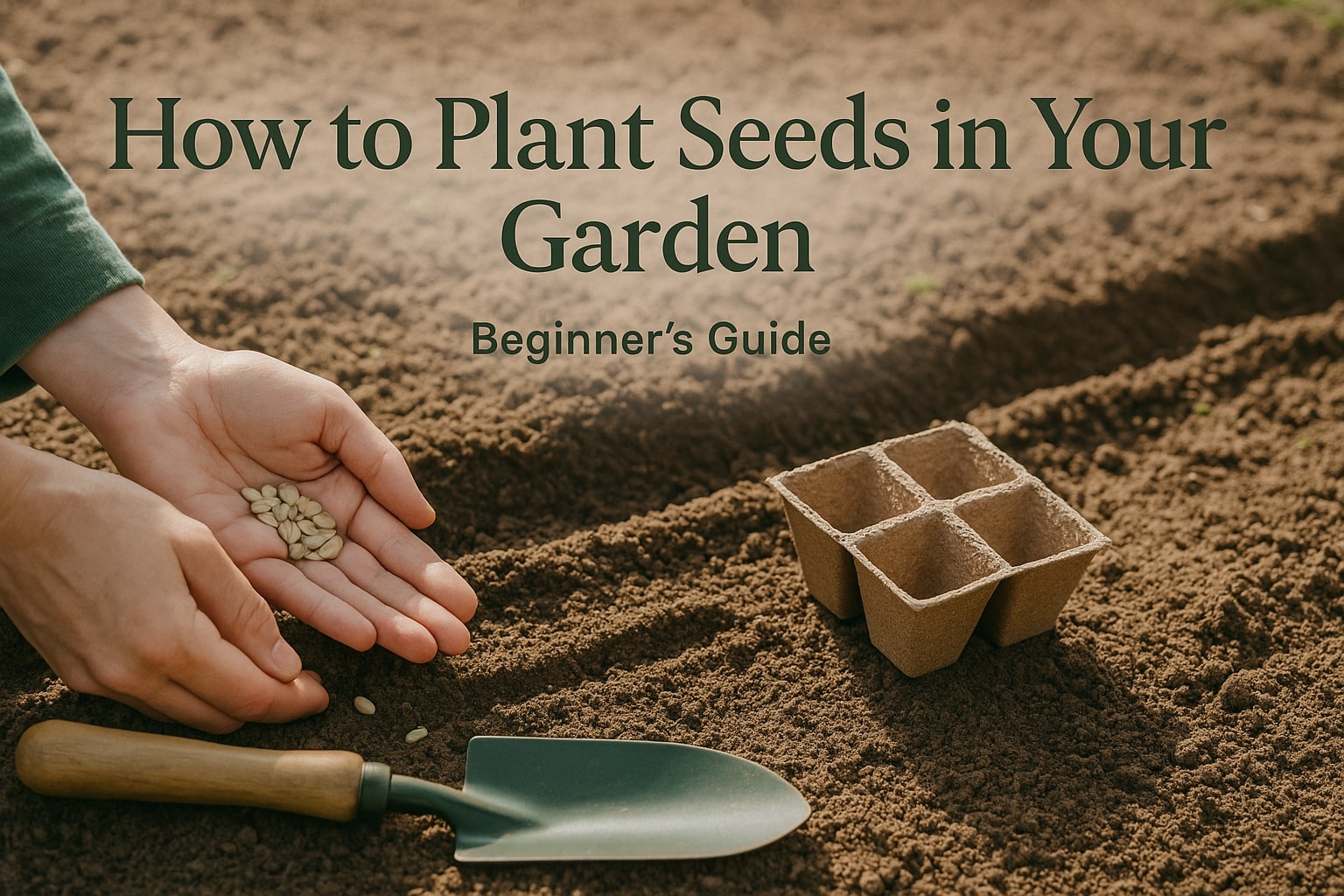When Is the Best Time to Plant Seeds in Your Garden?
Understanding how to plant seeds in garden begins with timing, which varies significantly based on your location, climate zone, and seed type. Cool-season crops like lettuce, peas, and spinach can be planted 2-4 weeks before your last frost date, while warm-season crops like tomatoes, peppers, and squash need soil temperatures above 60°F for successful germination.
Check seed packets for specific timing recommendations and use your local frost dates as guidelines. Many gardeners start seeds indoors 6-8 weeks before transplanting outdoors, providing controlled conditions for optimal germination. Consider successive planting every 2-3 weeks for continuous harvests of crops like beans and lettuce. Keep detailed garden records noting planting dates and results to improve timing in subsequent seasons.
📺 Featured Video

🤭Ab Bij Lagana Hua Aasaan || How to grow seeds in seedling tray
by Gardening Aasaan Hai
How Do You Prepare Soil and Choose the Right Planting Depth?
Proper soil preparation is crucial when learning how to plant seeds in garden effectively. Most seeds need well-draining, fertile soil with good organic matter content. Work compost into garden beds before planting, ensuring soil is loose and friable for easy root penetration. Test soil pH - most vegetables prefer slightly acidic to neutral conditions (pH 6.0-7.0).
Planting depth follows the general rule of planting seeds at a depth 2-3 times their diameter. Tiny seeds like lettuce need only light soil coverage, while larger seeds like beans can go 1-2 inches deep. Create furrows or individual holes at proper spacing according to seed packet directions. Water gently after planting to avoid disturbing seeds, and maintain consistent moisture until germination occurs.
📺 Featured Video

How To Start Your First Seeds (COMPLETE GUIDE) 🌱
by Epic Gardening
What Are the Essential Care Tips for Newly Planted Seeds?
Success in how to plant seeds in garden extends beyond the initial planting to include proper aftercare. Maintain consistent soil moisture without overwatering, which can cause seeds to rot before germination. Use a fine mist or gentle watering to avoid washing seeds away or creating soil crusting that prevents emergence.
Monitor soil temperature and provide protection if needed - row covers can warm soil and protect from late frosts. Thin seedlings once they develop their first true leaves, giving remaining plants proper spacing to develop fully. Watch for pests like cutworms or birds that might damage emerging seedlings. Mark planted areas clearly to avoid accidentally disturbing them during garden maintenance, and keep detailed records of varieties and planting dates for future reference.
📺 Featured Video

5 Tips for Starting Seeds Indoors!
by Cultivating Roots
